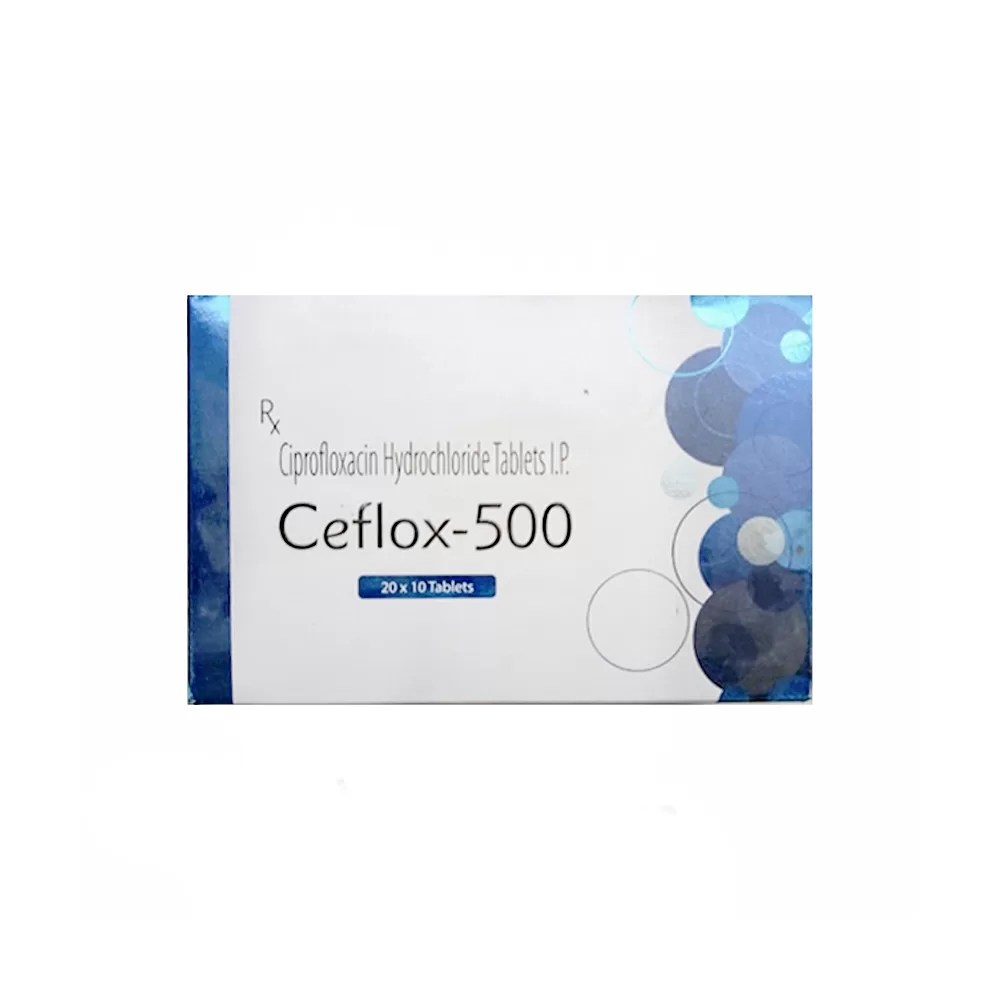Ciprofloxacin Information
Pronunciation
sip roe FLOKS a sin
What is this drug used for?
? It is used to treat or prevent bacterial infections.
Frequently reported side effects of this drug
? Diarrhea
? Vomiting
? Nausea
Other side effects of this drug: Talk with your doctor right away if you have any of these signs of:
? Tendon inflammation or rupture like pain, bruising, or swelling in the back of the ankle, shoulder, hand, or other joints
? Depression like thoughts of suicide, anxiety, emotional instability, agitation, irritability, panic attacks, mood changes, behavioral changes, or confusion
? Liver problems like dark urine, fatigue, lack of appetite, nausea, abdominal pain, light-colored stools, vomiting, or yellow skin.
? Kidney problems like unable to pass urine, blood in the urine, change in amount of urine passed, or weight gain
? Nerve problems like sensitivity to heat or cold; decreased sense of touch; burning, numbness, or tingling; pain, or weakness in the arms, hands, legs, or feet
? Low blood sugar like dizziness, headache, fatigue, feeling weak, shaking, fast heartbeat, confusion, increased hunger, or sweating
? High blood sugar like confusion, fatigue, increased thirst, increased hunger, passing a lot of urine, flushing, fast breathing, or breath that smells like fruit
? Fast heartbeat
? Abnormal heartbeat
? Passing out
? Chest pain
? Thrush
? Severe loss of strength and energy
? Vision changes
? Sensing things that seem real but are not
? Seizures
? Severe headache
? Trouble sleeping
? Nightmares
? Dizziness
? Restlessness
? Shortness of breath
? Bruising
? Bleeding
? Tremors
? Abnormal gait
? Sunburn
? Chills
? Sore throat
? Vaginal pain, itching, and discharge
? Muscle pain
? Muscle weakness
? Difficulty focusing
? Trouble with memory
? Injection site irritation
? Severe or persistent pain in abdomen
? Severe or persistent chest pain
? Severe or persistent back pain
??Clostridioides?(formerly?Clostridium)?difficile-associated diarrhea like abdominal pain or cramps, severe diarrhea or watery stools, or bloody stools
? Stevens-Johnson syndrome/toxic epidermal necrolysis like red, swollen, blistered, or peeling skin (with or without fever); red or irritated eyes; or sores in mouth, throat, nose, or eyes
? Signs of a significant reaction like wheezing; chest tightness; fever; itching; bad cough; blue skin color; seizures; or swelling of face, lips, tongue, or throat.
Medication Safety Issues
Sound-alike/look-alike issues:
Ciprofloxacin may be confused with cephalexin
Cipro may be confused with Ceftin
Storage and Stability
Injection:
Premixed infusion: Store between 5?C to 25?C (41?F to 77?F); avoid freezing. Protect from light.
Vial: Store between 5?C to 30?C (41?F to 86?F); avoid freezing. Protect from light. Diluted solutions of 0.5 to 2 mg/mL in D51/4NS, D51/2NS, D5W, D10W, LR, NS are stable for up to 14 days refrigerated or at room temperature.
Microcapsules for oral suspension: Prior to reconstitution, store below 25?C (77?F); excursions permitted to 15?C to 30?C (59?F to 86?F). Protect from freezing. Following reconstitution, store at 25?C (77?F) for 14 days; excursions permitted to 15?C to 30?C (59?F to 86?F) for up to 14 days. Protect from freezing.
Tablet:
Immediate release: Store between 20?C to 25?C (68?F to 77?F); excursions are permitted between 15?C and 30?C (59?F and 86?F).
Extended release: Store at 25?C (77?F); excursions are permitted between 15?C and 30?C (59?F and 86?F).
Adverse Reactions
Dermatologic: Skin rash
Gastrointestinal: Abdominal pain (more common in children), diarrhea, dyspepsia, nausea, vomiting
Genitourinary: Vulvovaginal candidiasis
Hepatic: Abnormal hepatic function tests, increased serum alanine aminotransferase, increased serum aspartate aminotransferase
Local: Injection site reactions (IV)
Nervous system: Dizziness, headache, insomnia, nervousness, neurological signs and symptoms (IV: children), restlessness, somnolence
Neuromuscular & skeletal: Musculoskeletal signs and symptoms (children)
Respiratory: Asthma (children)
Miscellaneous: Fever








